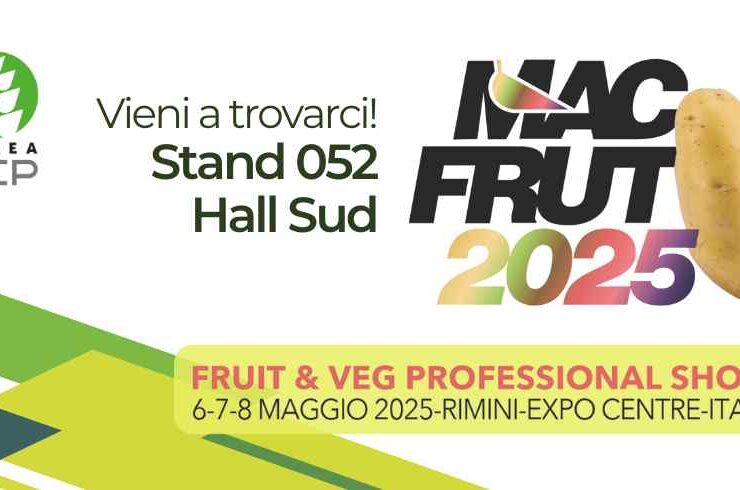International Conference on Plant Nanotechnology 2025
From 7 to 9 July 2025, Poznań became the global epicenter of plant nanotechnology, with over 100 researchers from five continents. We at FCP Cerea were present at this second edition of the International Conference on Plant Nanotechnologies.
The conference, organised by the Polish IPG PAS (Institute of Plant Genetics, Polish Academy of Sciences), is the outcome of an EU-funded project under the European programme “Horizon 2020”.
Topics covered
During the three days, several lectures were given by university professors and researchers from different parts of the world: India, Australia, South Africa, USA, Germany, Poland, England, Brazil, Spain, Cyprus, Portugal, Italy. The conference was divided into 5 different sessions:
- Emerging nanomaterials and green nanotechnologies
- Nanotechnology for sustainable agriculture
- Nanosensors and nano-devices in agriculture
- Interface between plant biology and nanotechnology
- Nanotoxicity and nanomaterial-microbial interactions
The application of nanotechnologies in agricultural research was a cross-cutting theme of the conference. The use of nanomaterials in other production and industrial sectors is already well established and very active: electronic microprocessors, cosmetics, paint production, medical care (drag delivery and vaccines).
Application in agriculture is still in the accreditation phase and several universities (biotechnology and agriculture) have started to use this technology in basic research. In particular, the application of this technology to agriculture concerns:
- Nutrition (biostimulants, micro- and macro-elements),
- Protection of plants against pathogens (controlled release of active ingredients and biocontrol)
- Seed priming (nanopriming).
Professor Alfredo Ambrosone, associate professor at the University of Salerno, illustrated an interesting application of nanomaterials produced by plants (extracellular nano-vesicles). Professor Ambrosone’s research work has shown that this technology is able to use different sources from which to obtain “nanovesvicole” of plants. He also explained how this technology can help open up new scenarios for agricultural applications, biotechnology and innovative strategies for plant disease management. (Visit the official website to learn more about the project).
At FCP Cerea, intensive research on nano-fertilisers has been underway for some years now, leading to the development of innovative solutions that can correct deficiencies and chlorosis, improving the efficiency of fertilizer use
The Nano.T family has expanded to two new products:
- Nano.T CaPO (calcium-based), which improves fruit quality and shelf life
- Nano. T Zn (based on zinc and potassium), which helps to mitigate thermal stresses
To discover the whole Nano family. T click here




